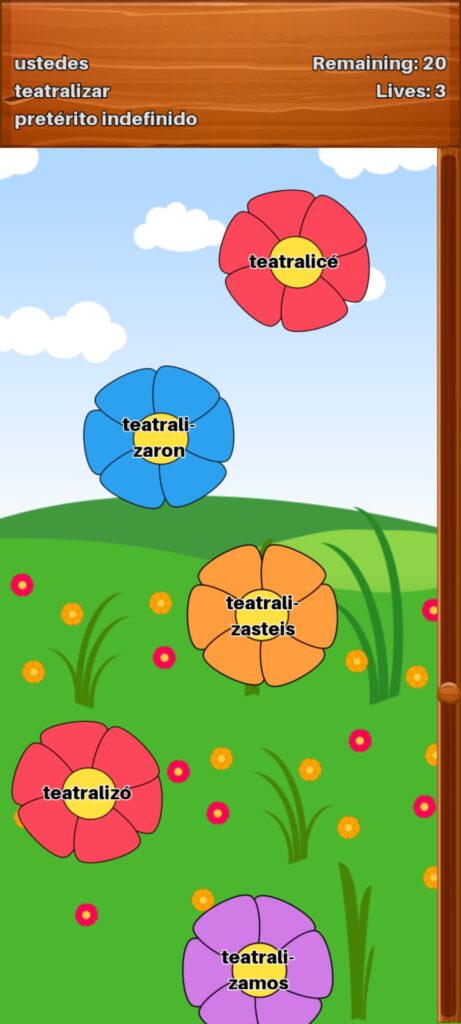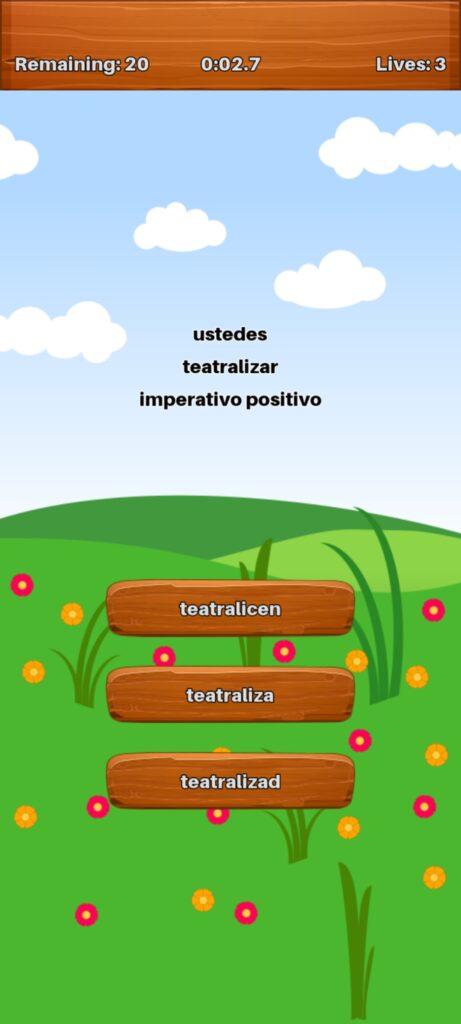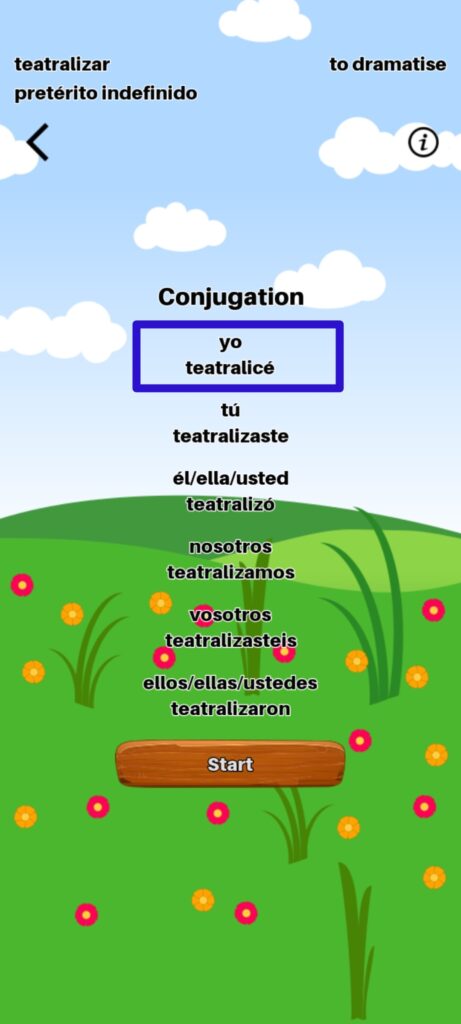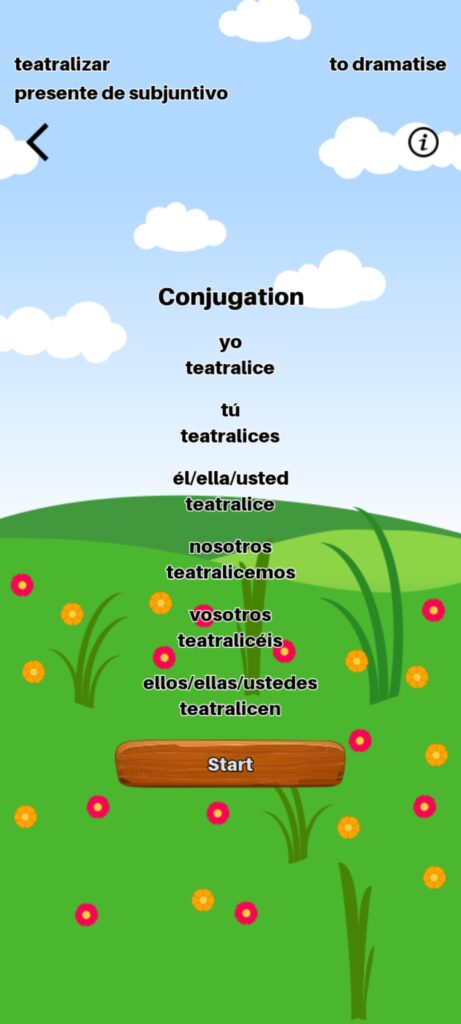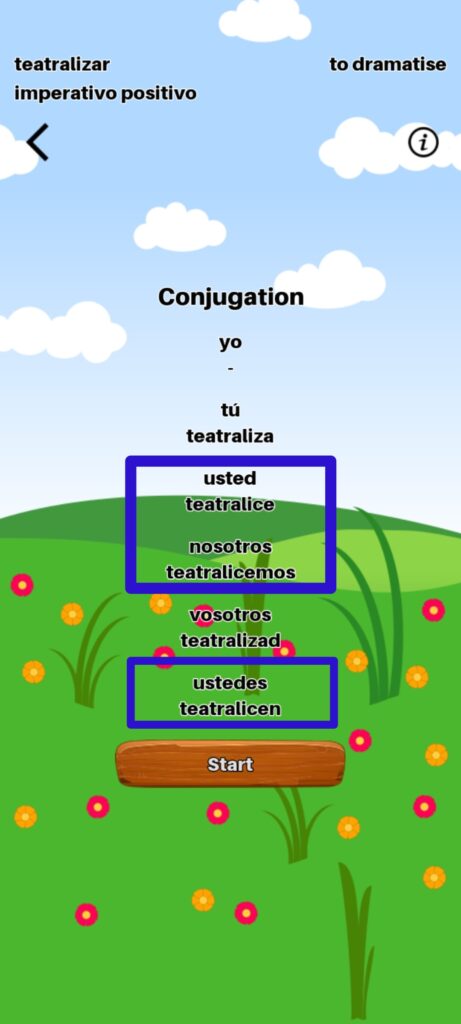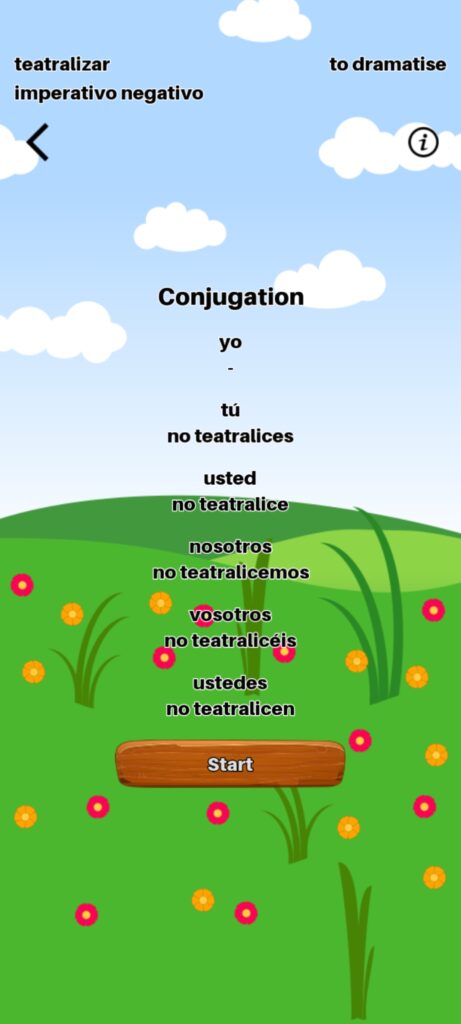What a great word of the day: chapurrear. It means to speak a language badly, or more precisely, to speak a language with great difficulty and making mistakes whilst at it.
We have all been there at least once. As a baby, you try your best to pick up how to form sounds that you hear around you. Over the years, you learn how to form words. Finally, you learn to put them into the right order to create sentences. Voilá! You have learned your first language. Well done!
Then comes school and (often) the need to learn a second language. This time round, you have the help of qualified teachers who start with vocabulary and grammar. If you are lucky, they throw in some pronunciation. The process of learning the second language seems a tedious task of endless repetition and rote learning. If you felt the same way, you are definitely right.
Why is it so much harder to learn a language at school?
It is harder because it deals with chunks of grammar which are not necessarily intuitive. You often don’t think about grammar when speaking your own language. Another reason why it feels harder, is timing. It takes most people around 15 to 20 years of speaking a language “naturally” all day, every single day before they are on top of their game.
When you learn a foreign language at school, depending on where you grow up, you may have 5 years of 2 hours a week for 25 weeks a year. That’s only 250 hours of classroom training! If you’re lucky you may get 9 years, or, if, after school, you go to university to study a foreign language, you may get as many as 15 years of 5 hours a week. That’s not even 2,000 hours of classroom training.
According to the US Foreign Service Institute, 600 to 750 hours is the minimum needed to learn a language that is similar to English (including Spanish!) Think about it: 750 hours is not even 9 weeks if you are learning all the time (like children do in their homes) for 12 hours a day. That’s the big difference! Learning a foreign language is hard because we try do it in only a few hours a week.
That is also the reason why tools like the Spanish Verb Conjugation game help to solidify your knowledge quickly and effectively. By spending only 15 to 20 minutes a day practising (around 2 hours a week) you’ll quickly learn many important and interesting Spanish verbs and how to conjugate them correctly. You can then also spend time reading a Spanish book or watching Spanish news or television to supplement your online learning.
Personally, I use the Spanish Verb Conjugation game to revise and learn whilst waiting for something e.g. waiting in the queue at the supermarket, waiting for the train to arrive, or simply waiting for that one friend who’s always late (if you don’t have one, could it be you?). This way, I can make the most of my time AND learn Spanish at the same time. It has already helped me to make a lot fewer mistakes, sound more fluent, and feel more comfortable.
So, what will you do today to stop “speaking Spanish badly”?
Download our Spanish Verb Conjugation game from the Google Play Store:

